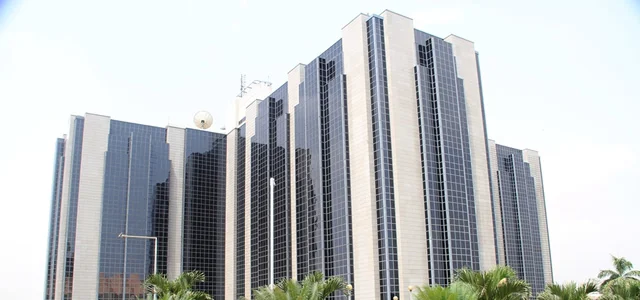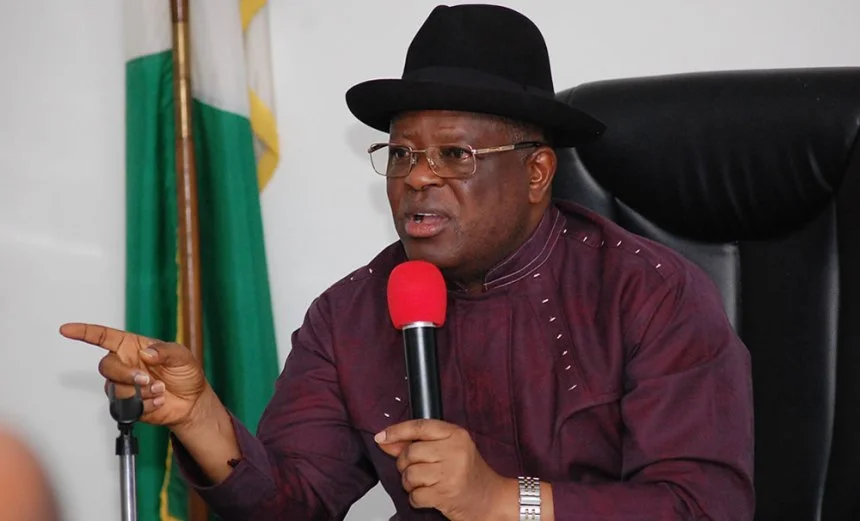Foe the 12th consecutive time in two years, the Central Bank of Nigeria (CBN) has retained all the monetary policy rates for the country.
The decision was taken at the Monetary Policy Committee (MPC) meeting of the apex bank held in Abuja yesterday.
Consequently, Monetary Policy Rate (MPR) remains at 14 per cent; cash reserves ratio at 22.5 per cent; liquidity ratio, 30 per cent while the asymmetric corridor around the MPR stands at +200/-500 basis points.
While there are acclaimed improvements in economic indices, the continued maintenance of the status quo in rates’ decision shows that there was much desired than achieved in the last two years.
The major challenges within the period were how to counter risks of inflation, attract foreign investments and maintain exchange rate stability. They put interest rate reduction out of considerations.
CBN Governor, Godwin Emefiele, in a statement issued at the end of the two-day meeting, reiterated that the growth recovery of the country remained fragile.
He advised that, for the umpteenth time, coordinated fiscal and monetary measures should be taken to increase consumption, assuring that inflation would fall further and Gross Domestic Product (GDP) would remain positive in the second half of the year.
According to Emefiele, the CBN, while still looking for ways to boost credit to the economy and keep hold of inflation, is encouraging large companies to issue commercial papers at lower yields. He assured that the apex bank would consider releasing funds to lenders to support businesses at single-digit rates.
The CBN governor, who expressed worries over possible increase in liquidity arising from the implementation of the approved 2018 budget, said the bank could also invest in any commercial paper issued by companies to create jobs.
A research analyst at FXTM, Lukman Otunuga, said it was no surprise that the CBN left the interest rates unchanged despite cooling inflationary pressure, stressing that the uncertainty ahead of the 2019 elections and threats of pre-election spending could not be wished away.
He added: “Externally, global trade tensions, appreciating dollar and prospects of higher rates in U.S. could threaten price stability. While a rate cut has the ability to stimulate economic growth in Nigeria, it may widen the divergence in monetary policy between the U.S. Fed and CBN, ultimately accelerating capital outflows.
“The CBN may have a tough decision to make during the final quarter of 2018. If Nigeria’s economic growth in the second and third quarters of the year is solid and oil prices remain elevated, this could make the apex bank’s decision easier.”
Analysts at Afrinvest Securities, in a note to The Guardian, said that the argument for rate cut was only for the sake of policy consistency, but the risk factors to exchange rate stability and capital outflows remained the policy anchor.
“Thus, a neutral stand (holding rates) gives CBN the opportunity to assume a position which would not be inimical to the twin goals of growth and price stability,” they said.




2 Comments